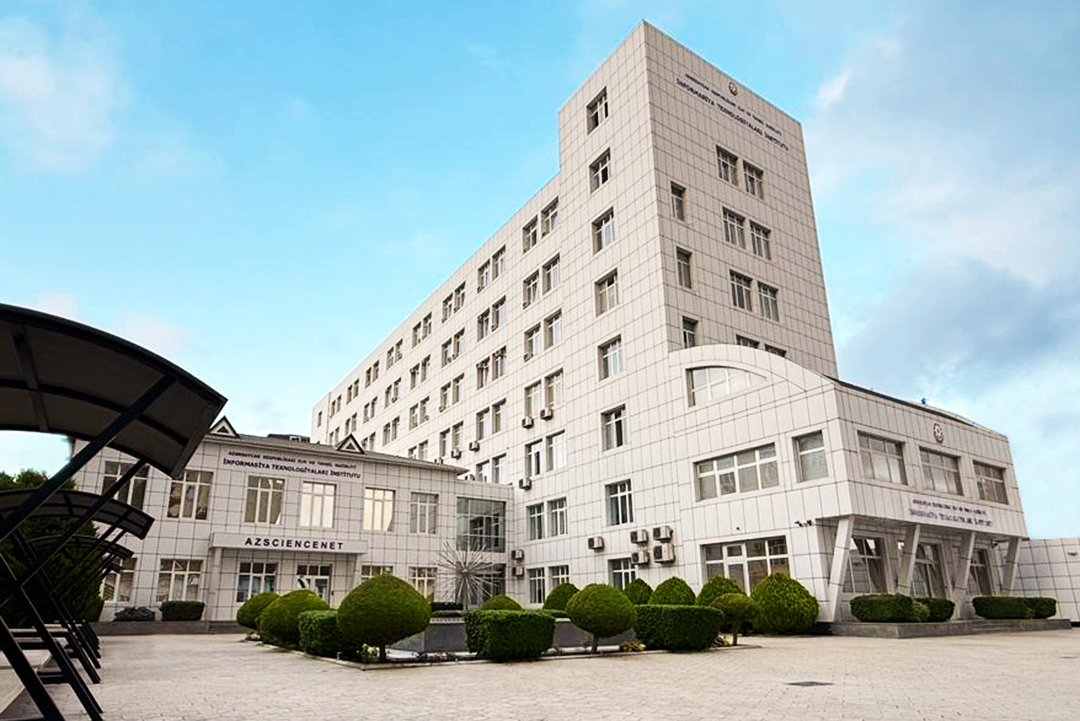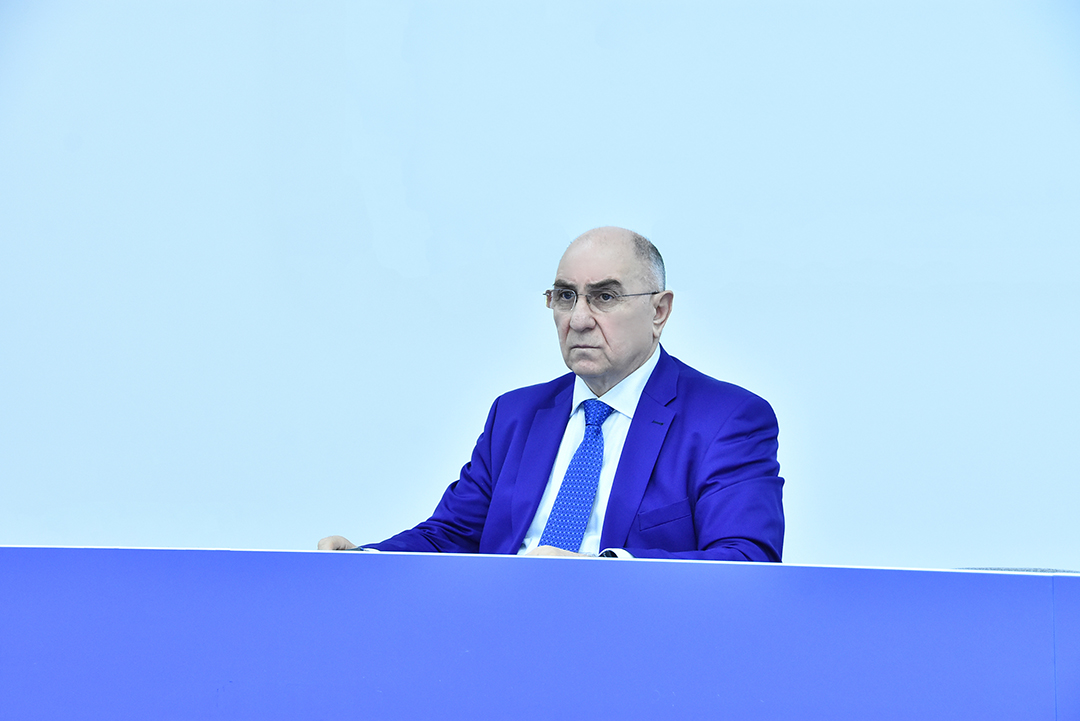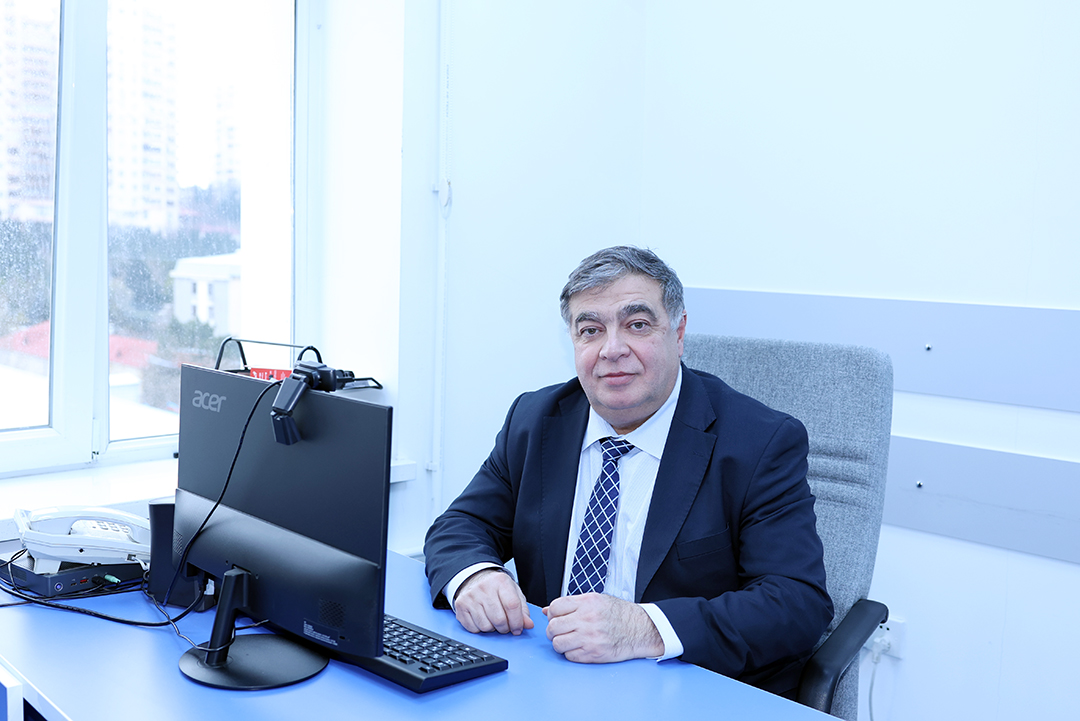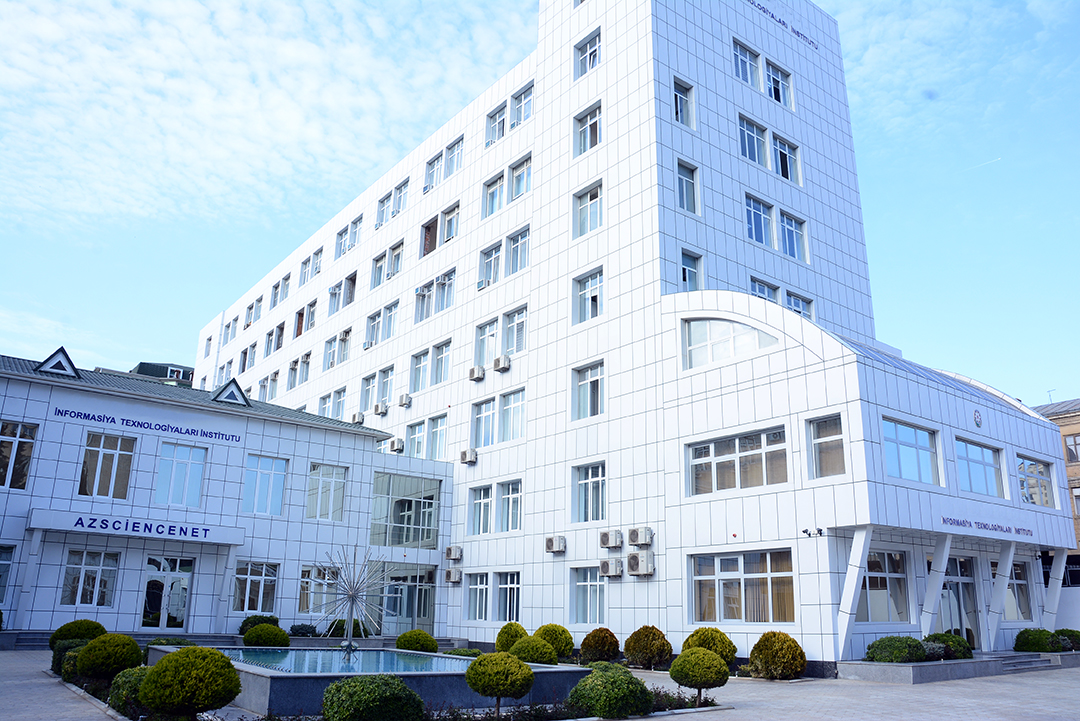NEWS
Scientists on the supercomputer modeled the 45-kubit quantum computing system

Because of the high complexity of the principles of the operation of quantum computing systems, an increase in the number of simulated quantum bits (qubits), thanks to which such systems operate, requires an increase in processing power. Because of this, it is very difficult to create these systems. However, researchers from Switzerland in the near future are going to conduct calculations of the mathematical model of a quantum computer with 49 qubits. This is one of the most complex quantum systems at the moment.
Behind the research are Thomas Xener and Damian Steiger from the Swiss Federal Institute of Technology. To calculate this model will be used supercomputer Cori II, which is the 5th largest in the world. Located Cori II at the Lawrence National Laboratory in Berkeley. A computer consists of 9034 computer nodes, each of which has a 68-core Intel Xeon Phi 7250 processor with a clock speed of 1.4 GHz. The system memory is 1 petabyte, and its performance is 29.1 petaflops. Testers from Switzerland with the help of Cori II have already managed to model quantum systems with 30, 36, 42 and 45 qubits.
In a series of calculations of quantum computer models, Xener and Stager constantly made changes to the source code of the model, removing all unnecessary from it, optimizing and accelerating the work of existing sites. As a result of this work, the current code works much faster than the code used in the very first models.
The current mathematical model uses floating-point numbers to calculate the most complex processes and amplitudes of quantum oscillations. Experts are sure that there are several possibilities in the code used for its further optimization, which will allow them to shortly calculate the computer model with 49 qubits, using 8192 nodes for this purpose.
© All rights reserved. Citing to www.ict.az is necessary upon using news





